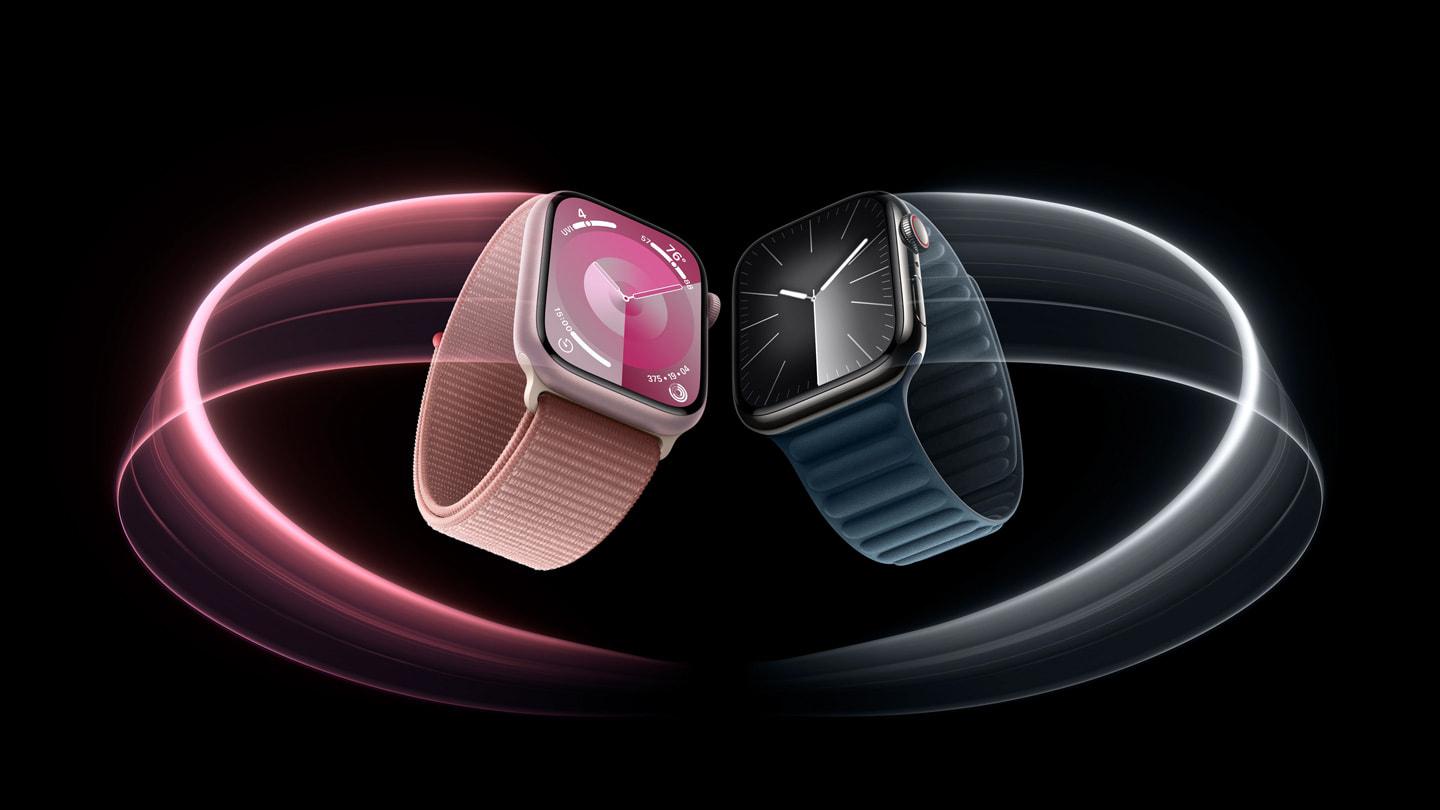What you need to know about the Apple Watch ban in the US
It has been reported that the latest models of the popular smartwatch, the Apple Watch Series 9 and Apple Watch Ultra 2, have been banned from being sold in the US since December 24, 2023. The reason behind this ban is a patent dispute between Apple and Masimo, a medical device company. Masimo has claimed that Apple infringed on its blood-oxygen tracking technology, which led to this legal action.
How did the ban happen?
In 2021, Masimo filed a complaint with the US International Trade Commission (ITC) claiming that Apple had copied its technology and poached some of its essential staff. Additionally, Masimo accused Apple of violating two of its patents related to the measurement of blood oxygen levels through the use of light sensors.
On October 26, 2023, the International Trade Commission (ITC) ruled in favor of Masimo and issued an exclusion order that banned the import and sale of specific Apple Watches in the United States. This order affected the Apple Watch Series 9 and the Apple Watch Ultra 2, both of which have a blood oxygen app that can track the user’s health and well-being.
Apple has filed an appeal against the decision made by the ITC, and has also requested President Biden to veto the order. Apple’s argument is that the decision would lead to harm for consumers, public health, and innovation. Additionally, Apple has developed a software update that would address the patent-related issues.
However, on December 25, 2023, the Biden administration announced that it would uphold the ITC’s order and not intervene in the case. The White House said that it respected the ITC’s authority and that it did not find any policy reasons to overturn the ban.
What does the ban mean for consumers?
The ban means that Apple cannot sell the Apple Watch Series 9 and Apple Watch Ultra 2 in the US, either online or in its retail stores. The ban also applies to any third-party retailers or distributors that sell the affected models.
However, the ban does not affect the Apple Watches that have already been purchased by consumers. The owners of the banned models can still use their devices and access the blood oxygen app, as well as other features and services.
The ban also does not affect the older models of the Apple Watch, such as the Series 6, SE, or 3, which do not have the blood oxygen app. These models are still available for sale in the US.
What is the status of the ban now?
On December 27, 2023, Apple won a temporary reprieve from the ban, thanks to a US appeals court. The court granted Apple’s request to pause the ban until January 10, 2024, while it reviews the case.
Apple also submitted its software update to the US Customs and Border Protection (CBP), which is responsible for enforcing the ban. The CBP will decide by January 12, 2024, whether the software update resolves the patent issues and allows the Apple Watches to be imported and sold again.
Meanwhile, Masimo is still pursuing its legal battle with Apple in a federal court in California, where it is seeking damages and an injunction against Apple. The trial is scheduled to begin in April 2024.
What are the implications of the ban?
The ban is a rare setback for Apple, which is known for its dominance and innovation in the tech industry. The Apple Watch is one of the company’s most successful products, with over 100 million units sold worldwide. The Series 9 and Ultra 2 models, which were launched in September 2023, were expected to boost Apple’s sales and profits during the holiday season.
The ban is also a blow to Apple’s reputation and image, as it casts doubt on its originality and ethics. Apple has been accused of copying or stealing ideas from other companies or individuals in the past, such as Samsung, Qualcomm, and VirnetX. Apple has also faced criticism for its labor practices, environmental impact, and tax avoidance.
The ban is a victory for Masimo, which is a smaller and less-known company than Apple, but has a strong presence and reputation in the medical device industry. Masimo has been developing and patenting its blood-oxygen tracking technology for over 30 years, and has over 600 patents in its portfolio. Masimo claims that its technology is more accurate and reliable than Apple’s, and that it can save lives and improve health outcomes.
The ban is also a reminder of the importance and complexity of intellectual property rights and patent protection in the tech industry. Patents are intended to encourage and reward innovation, but they can also lead to disputes and litigation that can stifle competition and harm consumers. The tech industry is constantly evolving and creating new products and features, but it also needs to respect and acknowledge the existing inventions and contributions of others.
Heinrich Busumuru is a seasoned contributor to Nfinithub.com, where they provide their specialized knowledge on a wide range of subjects, including finance, technology, gaming, travel, and more. Their enthusiasm for learning and sharing insights is evident in each of their contributions. Heinrich possesses extensive expertise and experience in the technology industry, with a particular focus on IT and electrical engineering.


Leave a Reply